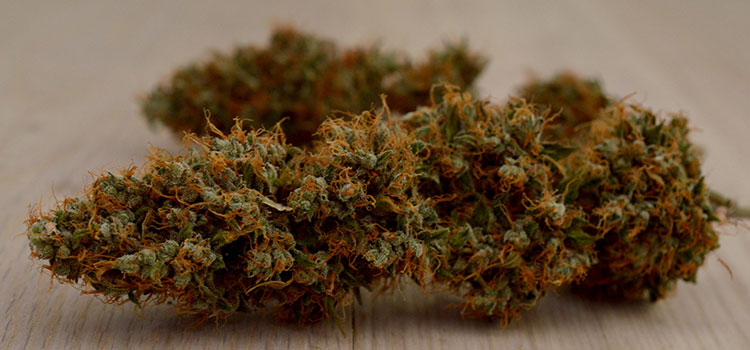Certain medical cannabis sales in California are now exempt from sales and use tax following the passage of Proposition 64, the State Board of Equalization announced in a press release. The exemption applies to medical cannabis sales by patients who carry county-issued Department of Public Health medical marijuana identification cards — but tax-free sales are not applicable to those with only a paper recommendation from a physician.
Tax exempted products include flower, concentrates, edibles, and topical products. Currently, medical dispensaries pay 7.5 percent in state sales tax on purchases, and municipalities can tack on another 1 percent to 2 percent.
According to a TribLive report, California issued about 6,700 of the ID cards in the fiscal year that ended in June. Since then the state has issued another 2,200 of the cards, but some could be renewals.
Jerome Horton, a state board of equalization member, estimated that the revenue loss for the state during the tax holiday would be as much as $49.5 billion.
“Local cities who anticipate preserving their revenue from medical marijuana may get nothing since Proposition 64 provides for a complete exemption from medical marijuana,” he said in a San Francisco Chronicle report.
Richard Miadich, counsel for the Yes on 64 campaign, who drafted the Adult Use of Marijuana Act, disagrees with the board’s interpretation, calling it “inconsistent with the statutory language and … intent.”
The measure provides for a 15 percent excise tax on cannabis products, but that doesn’t take effect until Jan. 1, 2018.
Get daily cannabis business news updates. Subscribe
End
